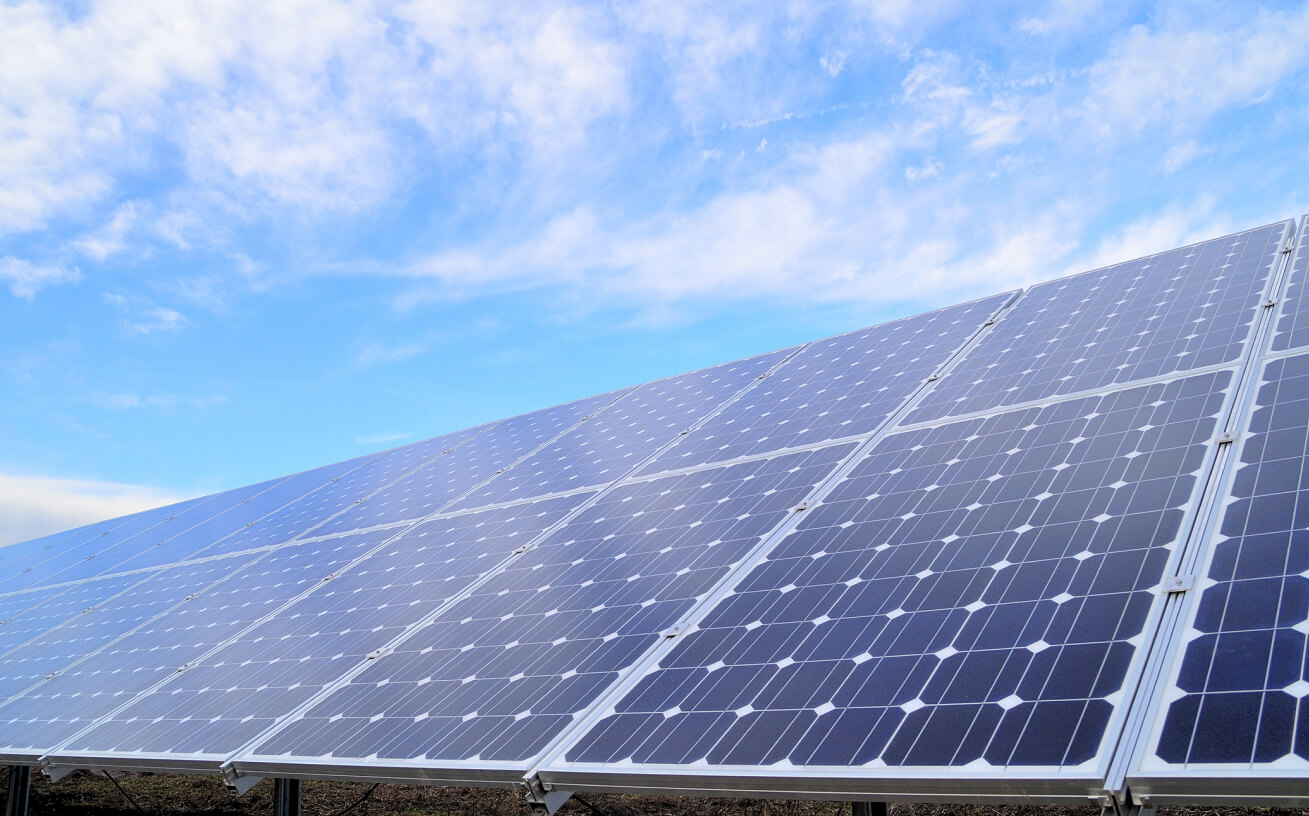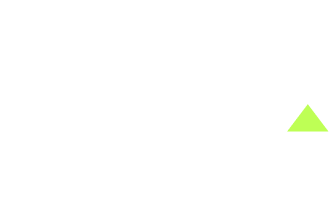Mallee Solar Park, Mildura
Client: TRUenergy
Project type: Industrial (energy)
Stakeholders: Mildura City Council
Value: $500 million
The project
In 2010, the Australian Government launched its Solar Flagship Program, formalising a commitment to invest $1.5 billion into Australia’s solar infrastructure. The program’s aim: for 20% of Australia’s energy consumption to come from renewable sources by 2020.
One of the first projects to be considered for funding was a 180MW solar power plant, built by TRUenergy near Mildura, Victoria. Set on a 600-hectare site in Yatpool, the solar power station was designed to generate enough energy to power 60,000 homes annually – and UPco was engaged to handle the planning approvals process involved with the proposal.
In 2010, the Australian Government launched its Solar Flagship Program, formalising a commitment to invest $1.5 billion into Australia’s solar infrastructure. The program’s aim: for 20% of Australia’s energy consumption to come from renewable sources by 2020.
One of the first projects to be considered for funding was a 180MW solar power plant, built by TRUenergy near Mildura, Victoria. Set on a 600-hectare site in Yatpool, the solar power station was designed to generate enough energy to power 60,000 homes annually – and UPco was engaged to handle the planning approvals process involved with the proposal.

The challenge
The planning considerations around a large-scale solar plant are varied and complex – ranging from the potential visual impact of the project, to the question of whether it will remove highly viable agricultural land. The proposed TRUenergy plant was one of the very first large-scale projects of this type in Australia, which meant that there were few planning frameworks to follow.
With limited authority knowledge around the key considerations for a solar park and how to assess them (and no Planning Scheme Definition whatsoever), UPco had quite a task ahead of us. Not only did we need to explore and identify the pros and cons of the project, we had to educate many stakeholders with varying agendas – a challenge in itself.
With limited authority knowledge around the key considerations for a solar park and how to assess them (and no Planning Scheme Definition whatsoever), UPco had quite a task ahead of us. Not only did we need to explore and identify the pros and cons of the project, we had to educate many stakeholders with varying agendas – a challenge in itself.
The outcome
Working closely with TRUenergy and a comprehensive project team, UPco provided advice on everything from government policy to strategic and statutory planning. Our advice also covered a wide range of technical and expert matters related to the site – from biodiversity, landscape and visual impacts, to traffic, geotechnical assessments and water management. The site happened to fall within an ‘area of cultural heritage sensitivity’, so we also needed to carry out thorough assessment to ensure no Aboriginal heritage would be disturbed.
In regional areas such as Mildura, large-scale infrastructure projects such as this can lead to polarisation amongst the community as they weigh up the prospect of job creation vs. the potential farming land lost. With this in mind, UPco also provided support to TRUenergy in carrying out an extensive, up front community consultation and stakeholder engagement process.
Off the back of this comprehensive community engagement process and a thorough analysis of the project, its opportunities and constraints, the site-specific planning control enacted via a Planning Scheme Amendment was the agreed approach to deliver the project.
This approvals mechanism was well supported by the community, the Rural City of Mildura and the Victorian State Government.
While the project ultimately did not receive the Commonwealth funding to be realised, we were proud to play a part in gaining the planning approvals – and in doing so, paving the way for many more solar projects across Victoria since this time.
In regional areas such as Mildura, large-scale infrastructure projects such as this can lead to polarisation amongst the community as they weigh up the prospect of job creation vs. the potential farming land lost. With this in mind, UPco also provided support to TRUenergy in carrying out an extensive, up front community consultation and stakeholder engagement process.
Off the back of this comprehensive community engagement process and a thorough analysis of the project, its opportunities and constraints, the site-specific planning control enacted via a Planning Scheme Amendment was the agreed approach to deliver the project.
This approvals mechanism was well supported by the community, the Rural City of Mildura and the Victorian State Government.
While the project ultimately did not receive the Commonwealth funding to be realised, we were proud to play a part in gaining the planning approvals – and in doing so, paving the way for many more solar projects across Victoria since this time.
